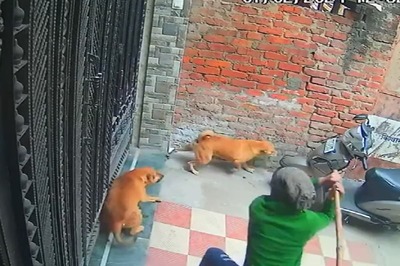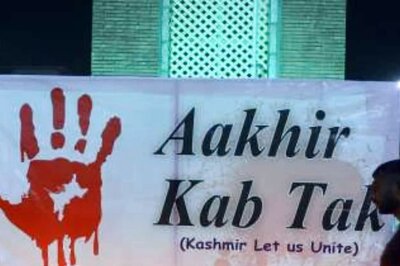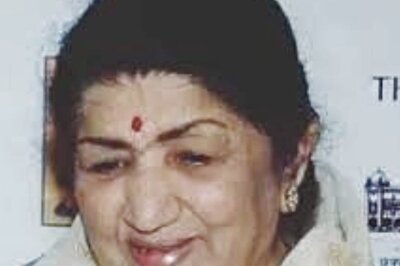
views
Reeta Singh doesn’t remember much after she was hit by a car on October 25. She was lucky though. The driver, who she describes as being in early 20s, took her to the nearest hospital.
“It was only later that I realised how lucky I was. They were young, but weren’t scared of any legality. At the same time, I was also grateful. The hospital started the treatment and the tests before waiting for me to come to my senses,” she told News18.
Singh’s head was struck quite hard in the accident and doctors said that the consequent confusion prevented her from coherently explaining what the problems were. Doctors added that this was an instance of the Delhi government’s Farishte Scheme, wherein Good Samaritans on the road are rewarded and not asked questions by the police, bearing fruit.
As per the Delhi Traffic Police data, 2018 saw an increase in road fatalities to 1,690 from 1,584, with pedestrians the most at risk. According to officials, the lives of more than 3,000 accident, acid attack and burn injury patients have been saved since February 1, 2018, when the Delhi government launched the scheme to provide them cashless treatment.
The scheme, ‘Farishte Dilli Ke’ (Angels of Delhi) was launched by Delhi CM Arvind Kejriwal in October last year, after being run as a pilot scheme since 2017. Under the scheme, the government provides a reward of Rs 2,000 and a certificate to Good Samaritans who bring accident victims to hospitals.
Importantly, it ensures that they are prevented from facing legal or punitive liabilities, which in the past prevented them from stepping in and helping. At the time of the launch, Kejriwal had said, “The chances of survival increase by 70-80% if a person is taken to the hospital within one hour of accident, which is the 'Golden Hour’ of their life."
Reeta Singh said that her memory of the incident and the events that followed are patchy. After her accident at Laxmi Nagar, she was taken to the nearest clinic. Doctors there suggested that she be referred to a larger hospital.
“They were lightly slapping my cheeks to try and reorient me. But I had no idea,” she said.
She eventually found her way to Max Healthcare at Patparganj, where a team of doctors and nurses took care of her and administered the necessary tests, including a CT scan and ultrasound. “I had expected a hefty bill. But not only did I not end up not paying anything, there was also no delay in treatment.”
As per the Farishte Dilli Ke scheme, the Delhi government bears all treatment expenses of victims of accidents, acid attacks and burn injuries. The Delhi High Court had last year cautioned the state government about the potential for misuse by touts and had stressed that a “balance needs to be struck” to ensure that real accident victims benefit.
Speaking to News18, Delhi Health Minister Satyender Jain explained, "Firstly to safeguard the soul of the scheme, a medico-legal certificate has been made essential. Only when a road accident is certified as a medico-legal case, the scheme is applicable. We are cautious that a scheme which has been launched for the welfare of the people should not be misused."
Asked about the participation of private hospitals in the scheme, he said, "All private hospitals have got the information and directions regarding the scheme. Most of the private hospitals are very cooperative. There is ample precedence where doctors and hospitals did good work. Some hospitals were not co-operating with this scheme and the Delhi government has taken action against them. We believe that the scheme is for noble cause and we want cooperation from everyone for its success."




















Comments
0 comment